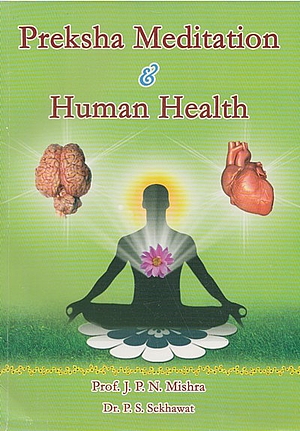The research literature on meditation suggests that practitioners experience subjective phenomena, such as pronounced feelings of "self-transcendence," "felt meaning in the world," "a heightened sense of connectedness with the world," and "a sense of purpose and meaningfulness" these subjective experiences involve radically revised perceptions of self and the external world. Mood changes include happiness, freedom from anxiety, content with self, and greater vitality. Other articles also suggest that meditators gain enhanced confidence, a sense of self-control, empathy, and self-actualization (Hjelle 1974). Several investigators conclude that the practice of meditation improves cognitive task performance, increases mental concentration, and reduces susceptibility to stress. As described above, many researchers report that meditation reduces the biological components of anxiety. In general, meditation promotes psychological health (Gaylord et al 1989, Gelderloos et al 1990).
Other psychological consequences of meditation include decreased anger aroused in high-anger situations (Dua & Swinden 1992) and an increased concentration for mental as well as physical tasks (Dhume & Dhume 1991). Indeed, Davidson et al (1976) found that experienced meditators had significantly increased attentional absorption and that attentional absorption increased as the length of meditation experience increased. Long-term meditators appear to possess a more developed ability to voluntarily control attention.
A general profile of psychological well-being and perceptual sensitivity emerges from various studies on meditation. Some of the more commonly reported experiences include amplified perceptual clarity, widened range of psychological insights, and greater openness to experience. As Walsh writes (1984), "Sensitivity and clarity frequently seem enhanced following a meditation sitting or retreat. Thus, for example, at these times it seems that I can discriminate visual forms and outlines more clearly. It also feels as though empathy is significantly increased and that I am more aware of other people's subtle behaviors, vocal intonations, etc., as well as my own affective responses to them." One of the fundamental objective observations of the enhanced perceptual sensitivity of meditators is a decrease in both absolute and discrimination sensory thresholds; these include a more subtle awareness of previously known concepts and an increased perception of previously unrecognized phenomena. Thus, both subjective and objective examinations agree that meditation enhances perceptual sensitivity.
 Prof. J.P.N. Mishra
Prof. J.P.N. Mishra
